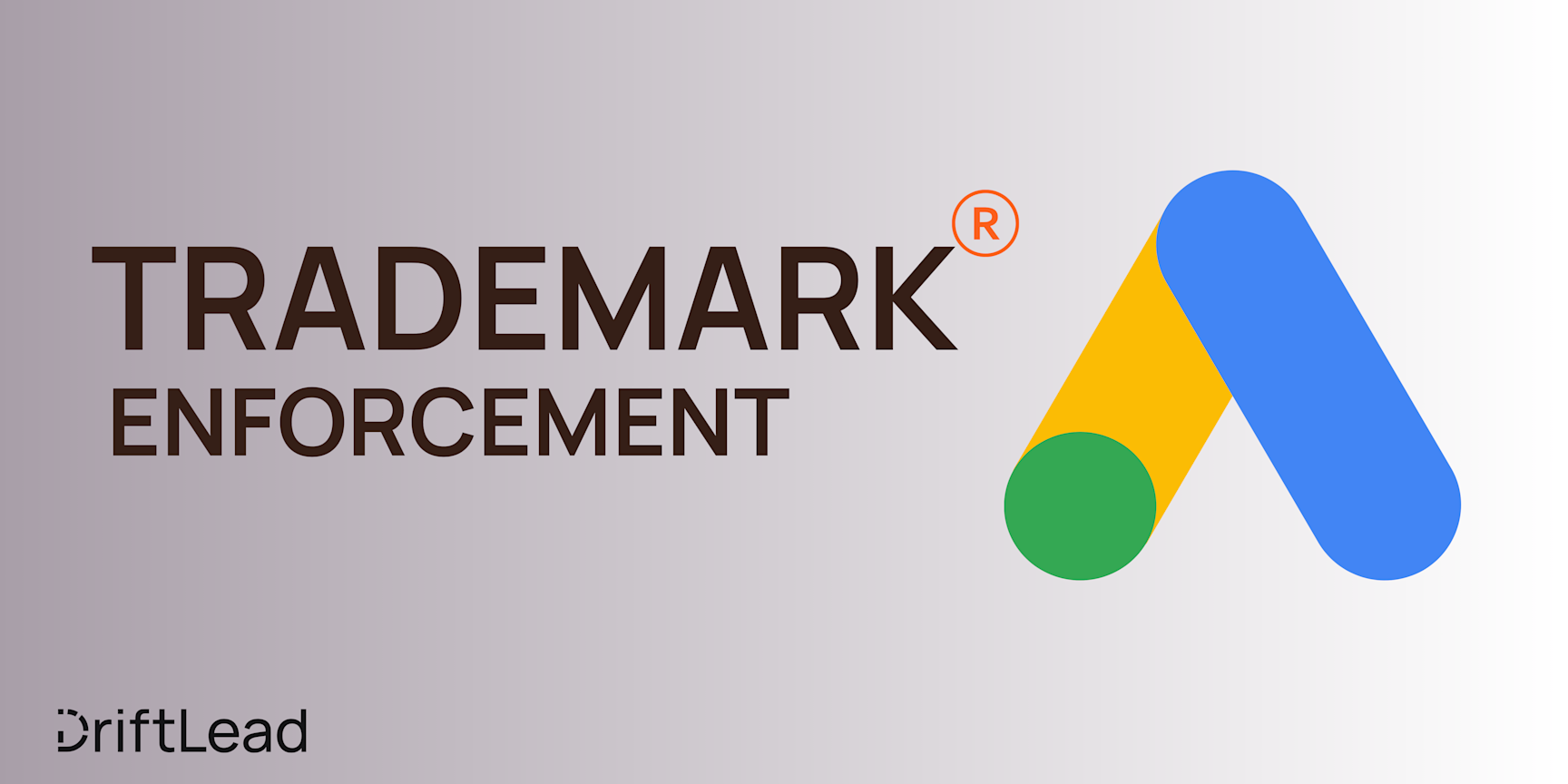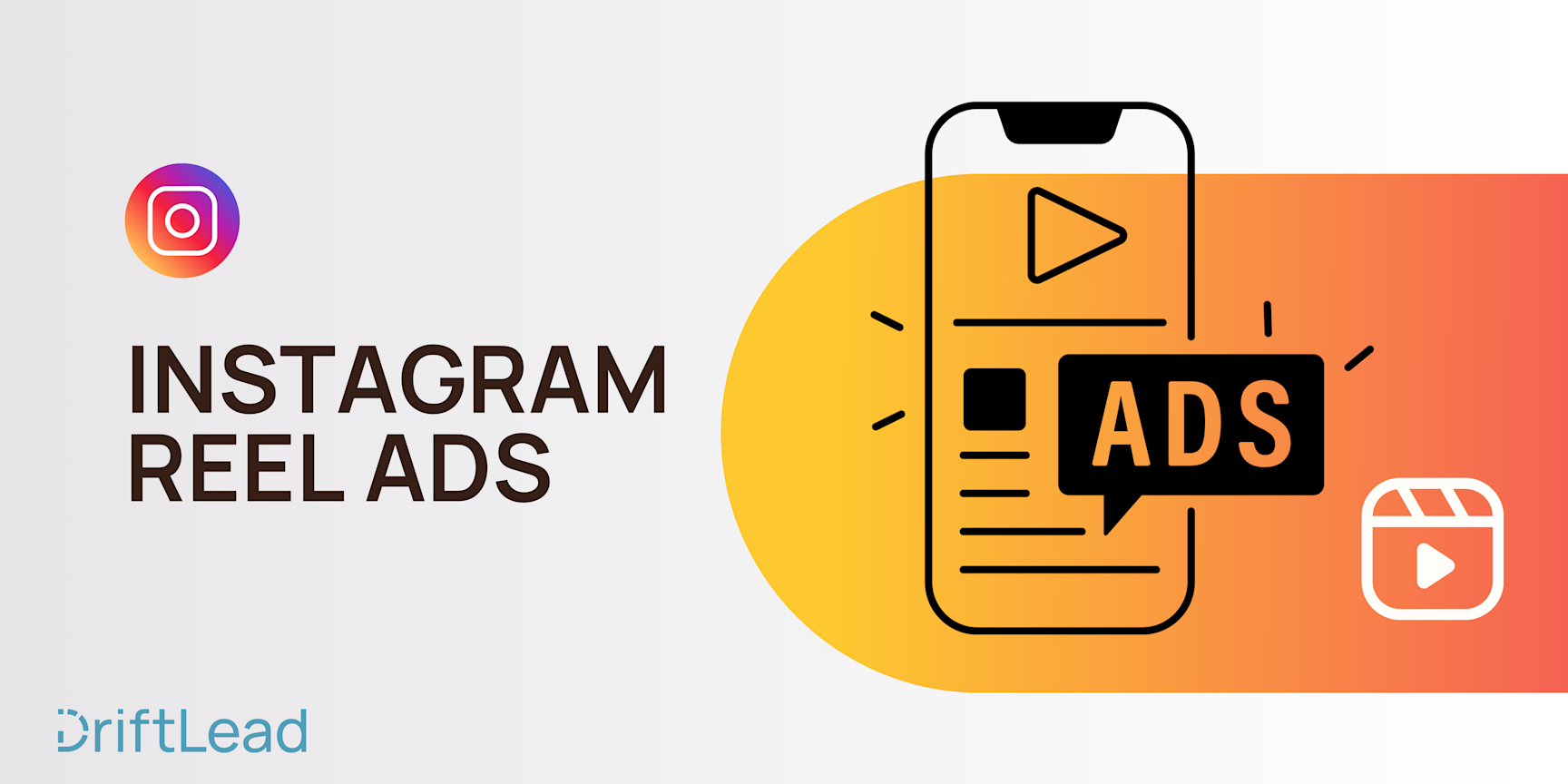Will Generative AI Make SEO Obsolete?
03 Jul, 2023
Learn about the potential implications of generative AI on search engine optimization and what it means for you.

Jump to:
Hop on our weekly newsletter train! We're sharing tips so stellar, we're practically job-threatening ourselves!
The advent of Artificial Intelligence (AI) has been nothing short of a revolution, redefining the operational boundaries across industries. Digital marketing, and more specifically, Search Engine Optimization (SEO), is no exception. SEO has always been crucial to a comprehensive digital marketing strategy, helping businesses achieve visibility in the crowded online space. But the question that has been doing the rounds lately is—will generative AI make SEO obsolete?
Now, that's quite a loaded question. We're talking about the convergence of two significant digital phenomena—AI, the trailblazing technology that is reshaping our world, and SEO, the lifeblood of online visibility. But fear not. We're here to take you through this intricate labyrinth and shed some light on what the future might hold for SEO in an AI-dominated world.
In this post, we'll dive into the world of generative AI, explore how it intersects with SEO, discuss the potential impacts, and ponder the question, "Will SEO become obsolete?" Spoiler alert—it's not all doom and gloom. We'll also give you some insights into how to future-proof your SEO strategy and discuss the rising importance of paid search ads as AI molds the SEO landscape.
Understanding Generative AI
Generative AI is one of the most exciting advancements in artificial intelligence. It's a subset of AI that focuses on output creation, whether a piece of text, an image, a video, or even a piece of music. These algorithms are designed to understand patterns and mimic human creativity in various applications.
A classic example of generative AI that you might be familiar with is Chat GPT, an AI developed by OpenAI. This model can create remarkably human-like text based on the prompts given to it. But the real magic lies in its ability to understand context, replicate styles, and generate creative outputs like poems and stories.
Another fascinating application is in the field of art, where DeepArt and DeepDream create unique, often surreal artworks by understanding and manipulating the elements of existing ones. In a nutshell, generative AI takes inspiration from existing data and generates new, unique outputs, all while learning and improving its techniques over time.
But how does all of this fit into the world of SEO? The connection might not be immediately obvious, but as we dive deeper into this post, you'll see how generative AI has the potential to shake up the SEO landscape.
The Intersection of AI and SEO
The relationship between AI and SEO is, in many ways, a match made in digital marketing heaven. AI's capabilities for processing and analyzing vast amounts of data are a boon for SEO, a discipline that relies heavily on data-driven insights.
AI has already played a pivotal role in SEO in several ways. For example, search algorithms like Google's RankBrain use machine learning to understand user intent better and deliver more accurate search results. Meanwhile, AI-powered SEO tools can help businesses uncover new keyword opportunities, optimize content, and predict ranking changes.
So, if AI is already enhancing SEO, how could generative AI potentially make it obsolete? Well, generative AI takes things a step further. It doesn't just analyze and process data; it generates new data — or new content, in the case of SEO. A perfect example of this is Chat GPT, which can create human-like text virtually indistinguishable from a human's written content.
With the ability to generate high-quality, optimized content on a massive scale, businesses could theoretically flood search engine results with AI-generated content, causing an oversaturation. This could potentially affect the organic search landscape and the effectiveness of traditional SEO techniques.
The Potential Impact of Generative AI on SEO
As we delve deeper into the potential impact of generative AI on SEO, we see both intriguing possibilities and potential challenges.
One potential implication of generative AI is its ability to answer user queries directly. Search engines, primarily Google, already display direct answers to queries in the form of featured snippets, quick answers, and knowledge graphs. With the advancement of generative AI, it's plausible that search engines could generate their own direct answers to user queries, bypassing the need to present the user with a list of website links.
This idea is bolstered by the fact that Google's priority has always been to provide the most relevant and useful information to users as quickly as possible. If AI can answer queries accurately, then presenting those answers at the top of search engine results pages could be seen as a further evolution of Google's mission.
From an SEO perspective, this could significantly reduce organic traffic, as fewer users would need to click through to websites. It could potentially impact long-tail keyword strategies, aiming to capture traffic from specific, often question-based, search queries.
This isn't to say that all SEO efforts would be in vain. While generative AI could change the way we approach SEO, it doesn't necessarily mean that SEO will become obsolete. On the contrary, it may make SEO more important than ever.
As generative AI becomes more prevalent, the focus of SEO could shift from generating high volumes of content to creating unique, high-quality content that provides value beyond what AI can generate. This could lead to a greater emphasis on creativity, critical thinking, and in-depth expertise — areas where humans still have the edge.
Moreover, even if AI starts answering queries directly, there's likely to be a need for quality sources to feed that AI. The algorithms could pull from reliable sources to generate those answers, which would still provide opportunities for SEO.
The full impact of generative AI on SEO remains to be seen, but one thing is clear: SEO practitioners will need to adapt, innovate, and find new ways to provide value to stay ahead of the game.
Will SEO Become Obsolete?
The growing influence of generative AI in search raises the question: will SEO become obsolete?
While it's true that generative AI will change how search engines operate, it's unlikely that SEO will become obsolete. Rather, the role and strategies of SEO are likely to transform.
As mentioned before, generative AI's potential to answer queries directly might lead to decreased organic traffic, but it won't eliminate the need for SEO. Here's why:
Quality Source Material: Even if AI is able to generate responses to queries, it still requires reliable and quality source material to generate accurate and helpful responses. This underlines the importance of well-optimized, valuable, and unique content. SEO professionals who can create and optimize such content will remain invaluable.
In-Depth Content: While AI can provide direct answers to simple queries, complex subjects that require depth and nuance still necessitate detailed content that only human expertise can provide. SEO will continue to play a role in optimizing and making this content discoverable.
Creativity and Human Touch: AI, for all its advancements, cannot emulate human creativity and emotion. Content that stirs emotions tells a story, or requires a creative touch will still need human intervention, keeping SEO in the loop.
Local SEO: AI might be great for global search queries, but when it comes to local searches, human-driven SEO efforts are indispensable. Local businesses rely heavily on SEO to drive traffic and sales.
Technical SEO: The technical aspects of SEO, such as website architecture, mobile optimization, page speed, and more, are areas where AI can't replace human expertise. SEO professionals will continue to be needed to ensure websites are technically sound and offer a good user experience.
In conclusion, the advent of generative AI will certainly disrupt the SEO landscape, but it won't render SEO obsolete. Instead, it will redefine the role of SEO professionals and demand a shift in strategy. And as these changes occur, paid search ads will likely become even more crucial for businesses to maintain visibility and reach their audience.
How to Future-Proof Your SEO Strategy
The future of SEO might seem uncertain in the face of generative AI, but that doesn't mean you can't prepare and adapt. Here are some steps to help you future-proof your SEO strategy:
Focus on Quality Content: Quality content is here to stay AI or no AI. Create unique, valuable, and engaging content that solves your audience's problems. High-quality content will always find its way to the top.
Invest in Technical SEO: As AI advances, technical SEO becomes even more critical. Ensuring your website is technically sound, fast, mobile-friendly, and provides an excellent user experience is more important than ever.
Optimize for Voice Search: With advancements in AI, voice search usage is on the rise. Ensure your SEO strategy includes optimization for voice search by targeting long-tail keywords and adopting a conversational tone in your content.
Prioritize User Experience (UX): Google's algorithms continually evolve to prioritize sites offering superior UX. Ensure your site is easy to navigate, aesthetically pleasing, and intuitive.
Keep Up with AI Developments: Stay informed about the latest developments in AI and SEO. As AI becomes more prevalent, there will be new strategies and tools that you can leverage to stay ahead.
Embrace Schema Markup: Schema markup helps search engines understand your content better. As AI becomes more prominent, this can play a significant role in ensuring your content is accurately interpreted and presented.
Diversify Your Traffic Sources: Don’t put all your eggs in the organic search basket. Diversify your traffic sources to include social media, email marketing, and paid advertising. As we discussed, paid search ads will likely become more crucial in the AI-dominated era.
Develop a Local SEO Strategy: If you're a local business, prioritize local SEO. Local searches are still heavily dependent on traditional SEO tactics.
While AI is changing the game, the core principles of SEO remain the same. Your SEO strategy can stand the test of time by creating a superior user experience, providing valuable content, and staying up-to-date with the latest trends.
The Rising Importance of Paid Search Ads
As generative AI advances and potentially shifts the landscape of organic search, the importance of paid search advertising could rise significantly. Here are some reasons why:
Increased Visibility: Paid search ads allow businesses to appear at the top of the search engine results page (SERP), ensuring high visibility even if generative AI models provide direct answers to user queries.
Control Over Messaging: While organic results may be affected by AI's interpretation, paid search ads allow advertisers to have complete control over the message they want to convey. This enables them to better cater to their target audience and serve ads that align with their marketing strategy.
Targeting Capabilities: Paid search advertising provides robust targeting capabilities. Advertisers can target users based on keywords, demographics, location, interests, etc. This level of targeting can increase the efficiency and effectiveness of marketing campaigns.
Immediate Results: SEO is a long-term game. In contrast, paid search ads can provide immediate results, which could be beneficial, especially as businesses try to navigate and adapt to the changing search landscape.
Measurable Performance: One of the key benefits of paid search ads is their measurability. Advertisers can track and analyze every aspect of their campaigns. This data-driven approach can help them continuously optimize their campaigns and make informed decisions.
As we move into an era dominated by AI, diversifying your marketing strategies and leveraging paid search ads will likely be crucial for maintaining online visibility and driving traffic to your site. If you want to stay ahead of the curve and ensure your business thrives in this changing landscape, our team at DriftLead can guide you through the intricacies of paid search advertising.
How DriftLead Can Help
As the digital marketing landscape continues to evolve with the rise of generative AI, you may find your business faced with the challenge of maintaining a solid online presence. This is where DriftLead comes in.
Paid Advertising Expertise: With our deep knowledge of and experience in Google Ads and other PPC platforms, we help businesses navigate the complex world of paid search. Whether you're just starting out or looking to refine your strategy, our team can deliver a comprehensive advertising plan tailored to your specific goals and audience.
Strategic Guidance: At DriftLead, we understand that every business is unique. We take the time to understand your industry, competitors, and target audience, using these insights to create highly targeted campaigns that drive qualified leads and conversions.
Constant Optimization: The digital landscape and your strategy change quickly. We regularly review and optimize your campaigns based on data-driven insights to ensure they continue to deliver results in a changing environment.
Transparent Reporting: Transparency is at the core of our operations. We provide regular reports on your campaigns' performance, keeping you informed of their progress and the value we're providing.
Navigating the impact of generative AI on your digital marketing efforts can be complex, but you don't have to do it alone. DriftLead is here to help you adapt and thrive in this new era. Claim your free marketing plan today.






